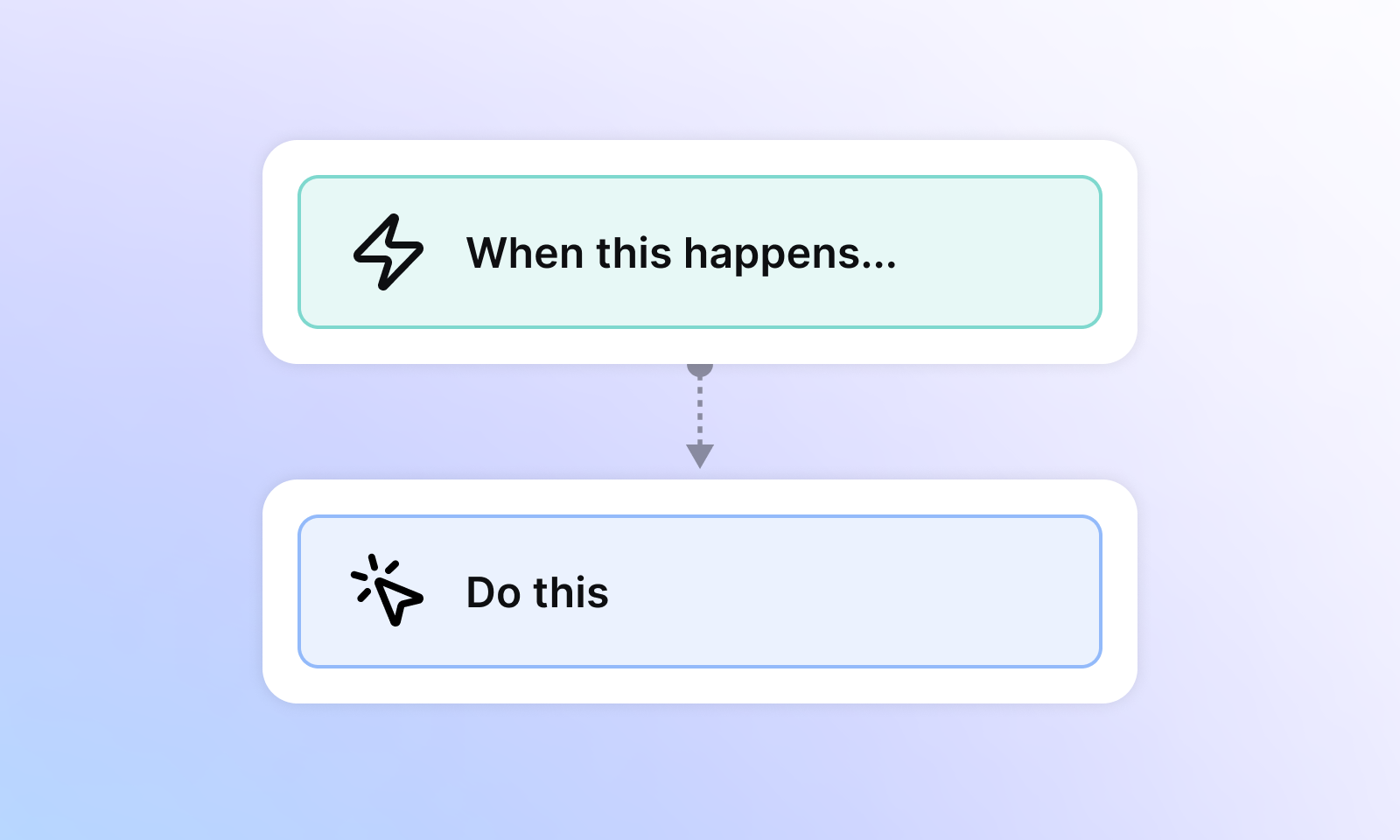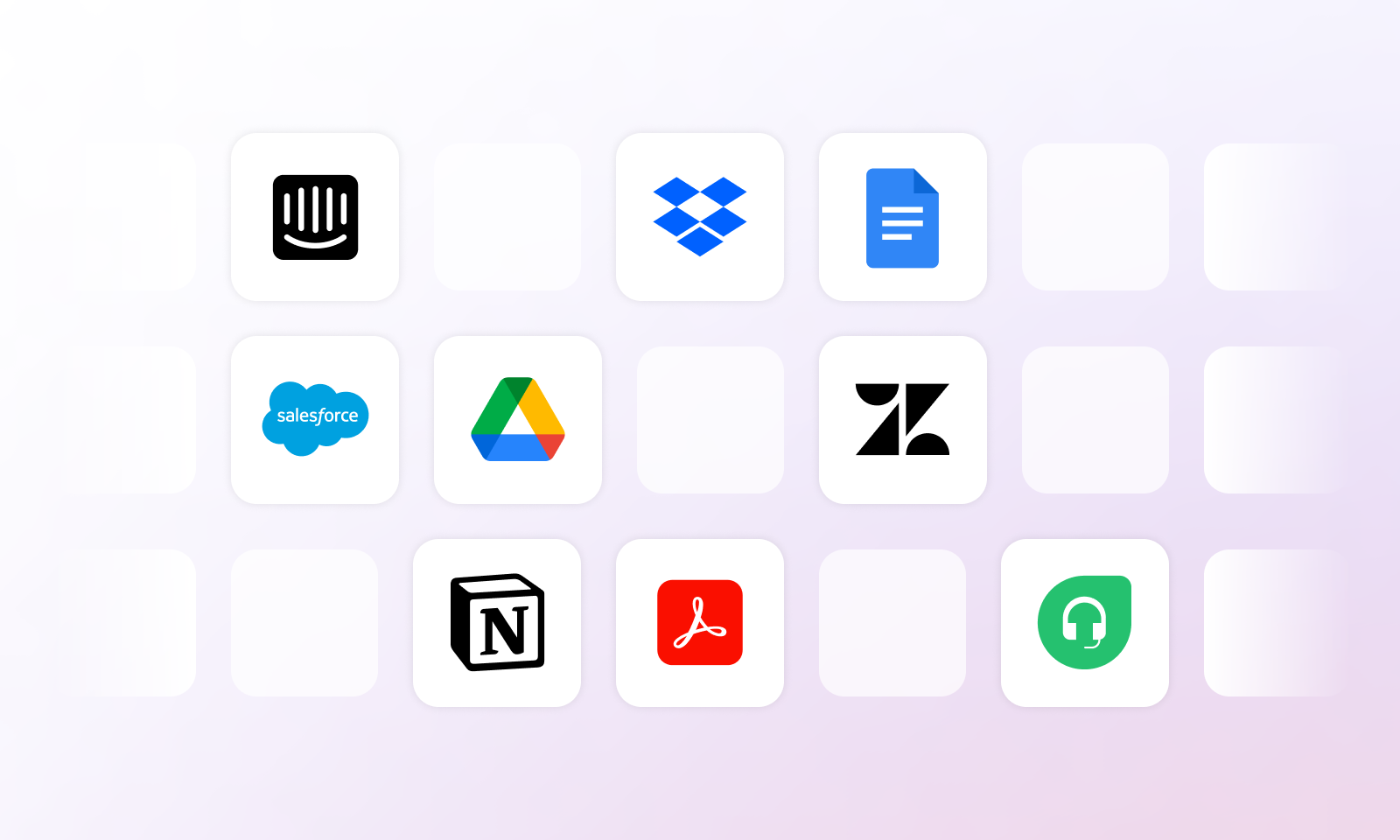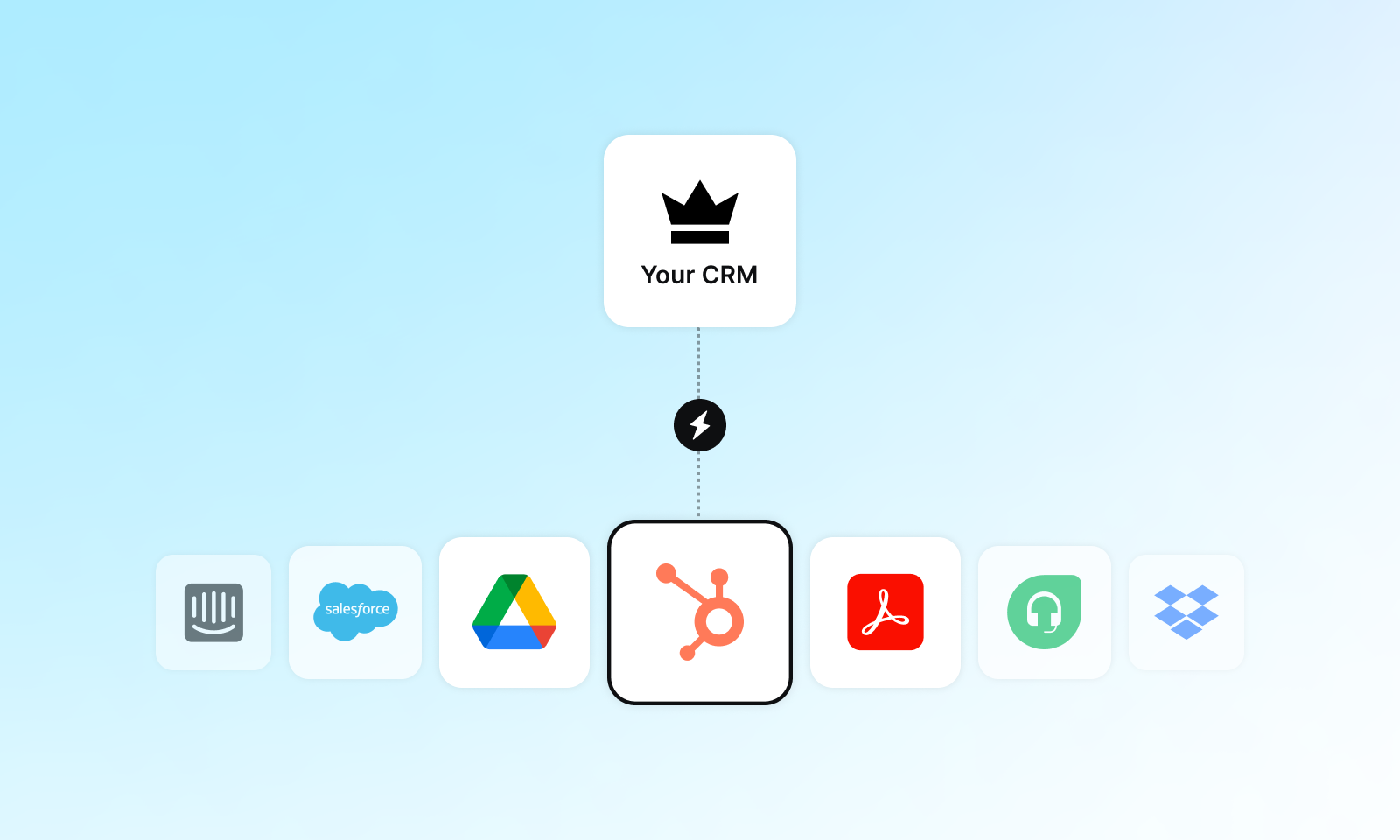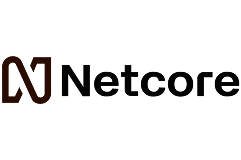

Salesforce and HubSpot Integration
Connecting Salesforce with HubSpot helps businesses eliminate manual work and reduce errors. With Ayudo, your data stays perfectly in sync between Salesforce and HubSpot, enabling faster workflows, better collaboration, and improved customer experiences.

















